
Prebiotic Sodas: Trendy Gut Boost or Just Clever Marketing?
From vitamin water to kombucha, the healthy drink market keeps reinventing itself — and the newest player on the shelf is prebiotic soda.
You’ve probably seen those pastel cans all over TikTok or lining grocery store coolers, promising “better gut health” in every fizzy sip.
But are they actually good for you… or just another marketing mirage?
Registered dietitian Julia Zumpano, RD, LD, breaks down the science behind the trend — and whether these sweet bubbles live up to the hype.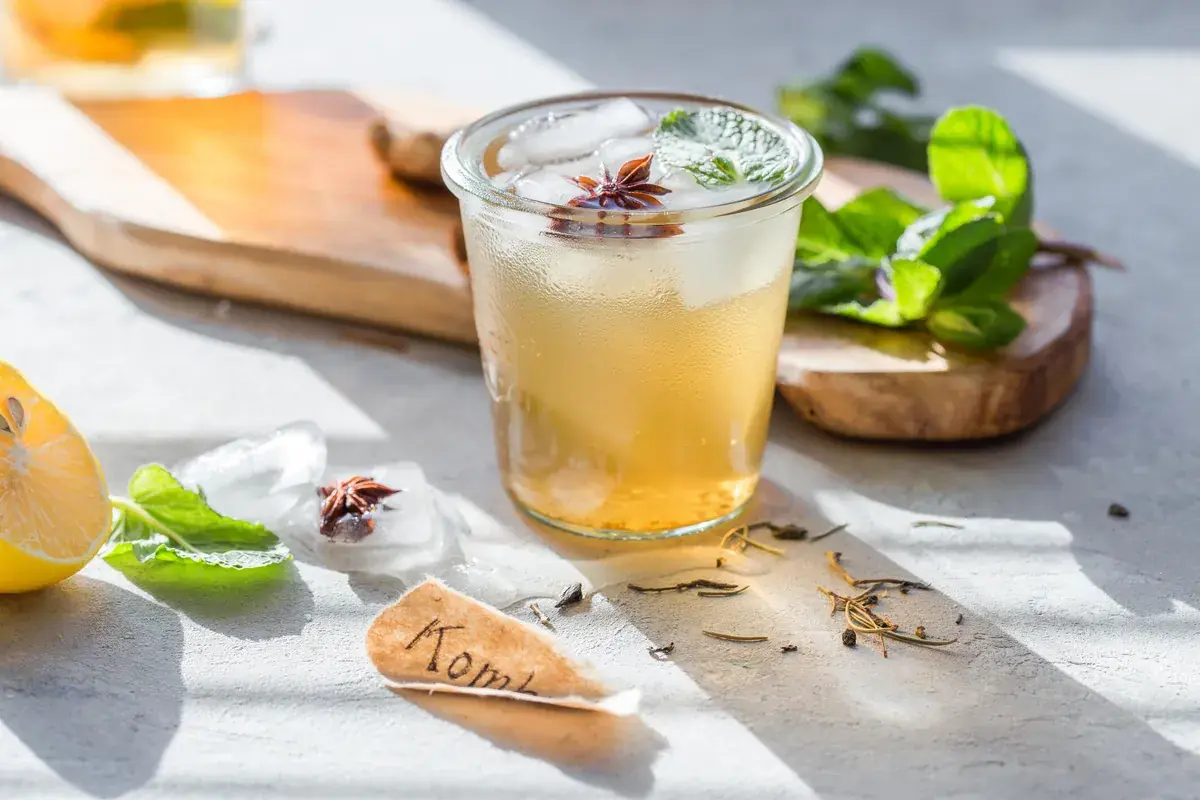
🌿 What Exactly Is Prebiotic Soda?
Prebiotic sodas contain dietary fibers — specifically inulin — that feed the good bacteria in your gut.
While probiotics add healthy bacteria to your system, prebiotics serve as food for the ones already living there.
“It’s essential to keep your gut bacteria healthy because they do more than help you digest food,” says Zumpano. “They play a huge role in immunity and overall health.”
A healthy microbiome = stronger immunity, better digestion, and lower risks of chronic illnesses like diabetes, heart disease, and even certain cancers.
Most prebiotic sodas use inulin derived from chicory root or agave, and while you can’t taste it, that’s what gives the drink its “gut-friendly” label.
⚖️ What’s Inside a Can?
Each brand varies, but most prebiotic sodas pack:
-
2–9 grams of fiber per can (compared to the 25–38 grams you need daily)
-
Less than 5 grams of sugar
-
Natural flavor enhancers like apple cider vinegar or fruit extracts
-
Stevia for sweetness without calories
Sounds healthy, right? Kind of — but there’s a catch.
While apple cider vinegar does contain beneficial probiotics, there’s no clear evidence that the small amount in prebiotic sodas actually makes a difference.
💪 Possible Benefits of Prebiotic Sodas
In theory, drinking prebiotic soda could help:
-
Feed beneficial gut bacteria
-
Support regular digestion
-
Help you feel fuller for longer
-
Reduce sugar cravings
-
Potentially lower insulin resistance (especially for Type 2 diabetes)
However — studies showing these benefits involve whole foods or supplements, not soda cans.
And overdoing inulin (30g/day or more) may even cause inflammation or liver stress.
⚠️ Potential Side Effects
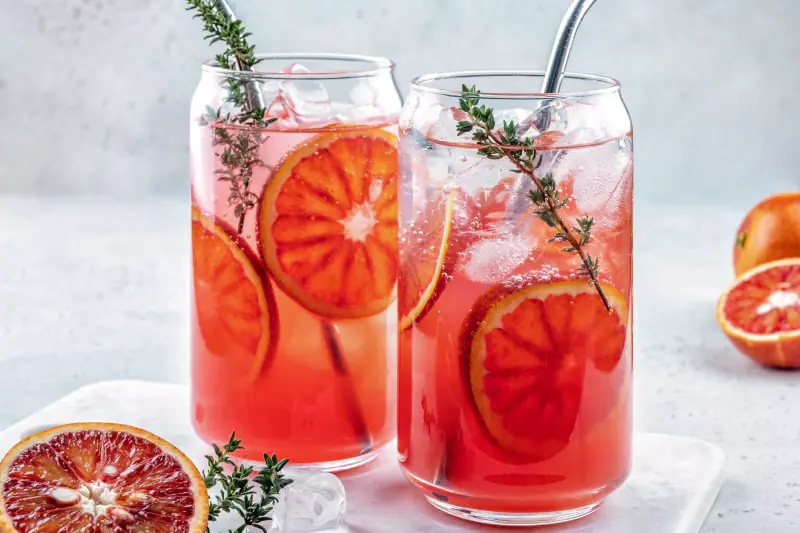
Fiber is great, but it can also fight back — especially if you suddenly double your intake.
Common side effects include:
-
Bloating
-
Gas
-
Stomach cramps
-
Diarrhea
“If you usually eat about 10 grams of fiber a day, and suddenly add a prebiotic drink, you’ll feel it,” warns Zumpano.
Start small — half a can at first — and let your gut adjust.
And if you have IBS, IBD, or other digestive sensitivities, skip these drinks altogether. The inulin they contain is a high-FODMAP ingredient, which can trigger symptoms in people with sensitive intestines.
🥗 Better Fiber Sources for Your Gut
While prebiotic sodas can give you a quick fiber fix, real food always wins.
The best natural prebiotic sources include:
-
Bananas
-
Garlic and onions
-
Oats
-
Asparagus
-
Lentils and beans
“When you eat a diet rich in high-fiber foods, you won’t need prebiotic soda,” says Zumpano.
So sure — crack one open once in a while as a fun, fizzy alternative to regular soda.
But don’t rely on it as your daily source of fiber. Your gut prefers plants, not cans.
News in the same category

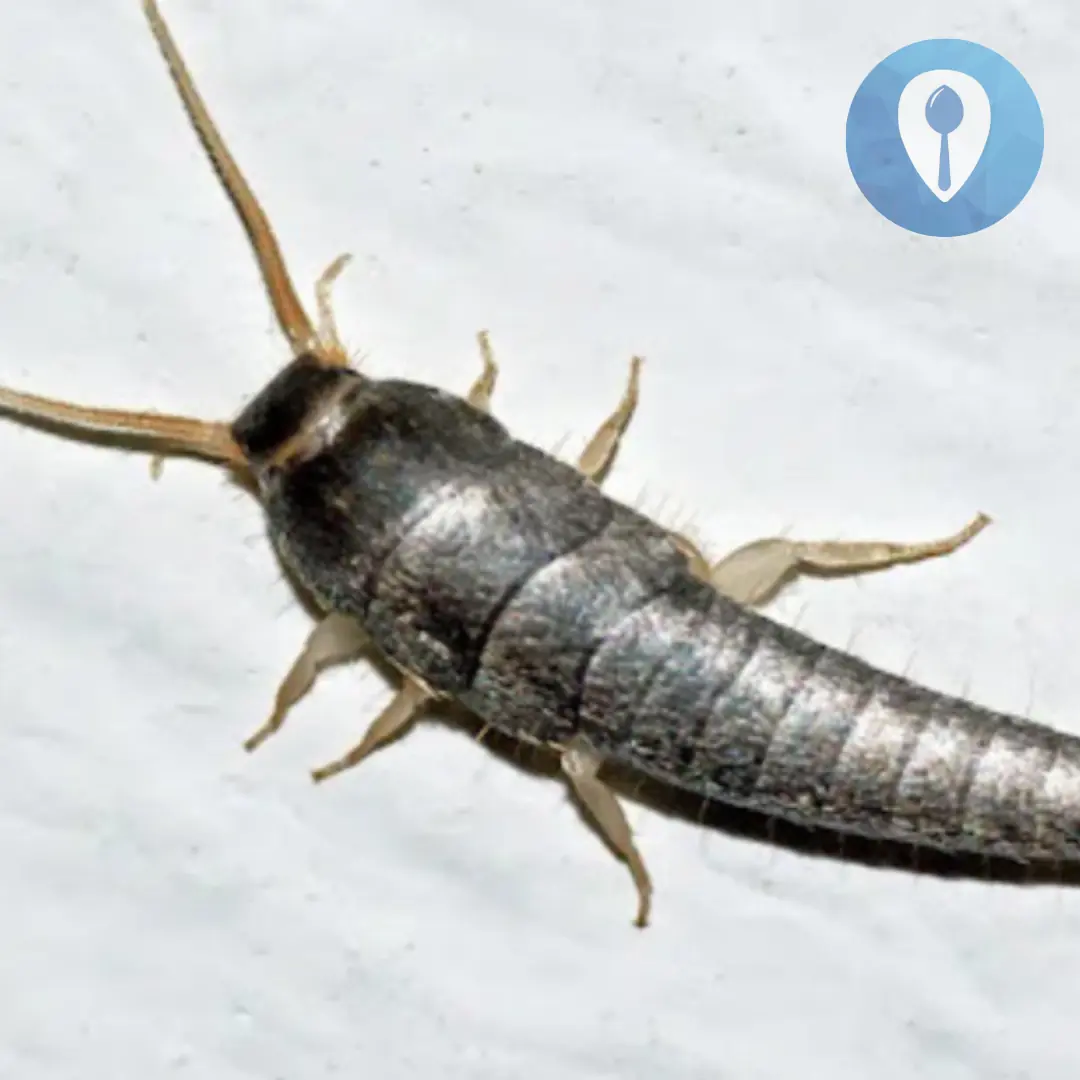
If You Find This Insect in Your Home, Here’s What It Means
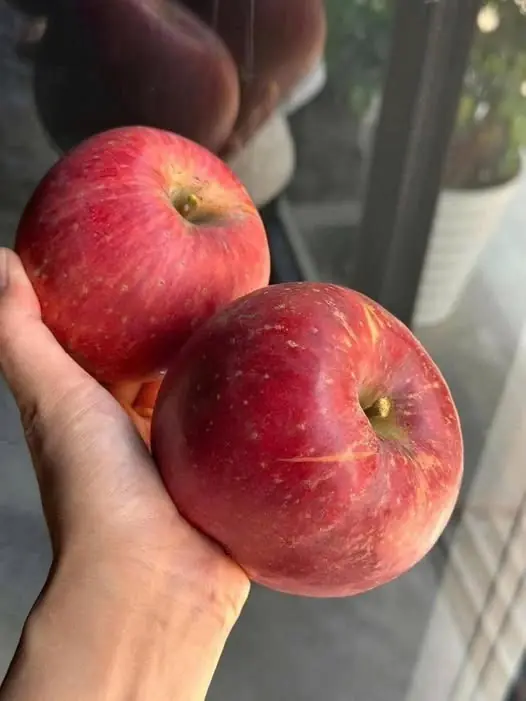
Doctors Reveals That Eating Apples Causes

What are the health consequences of dehydration?

Heartbreaking but Important: Subtle Signs Your Dog May Be Nearing the End of Life
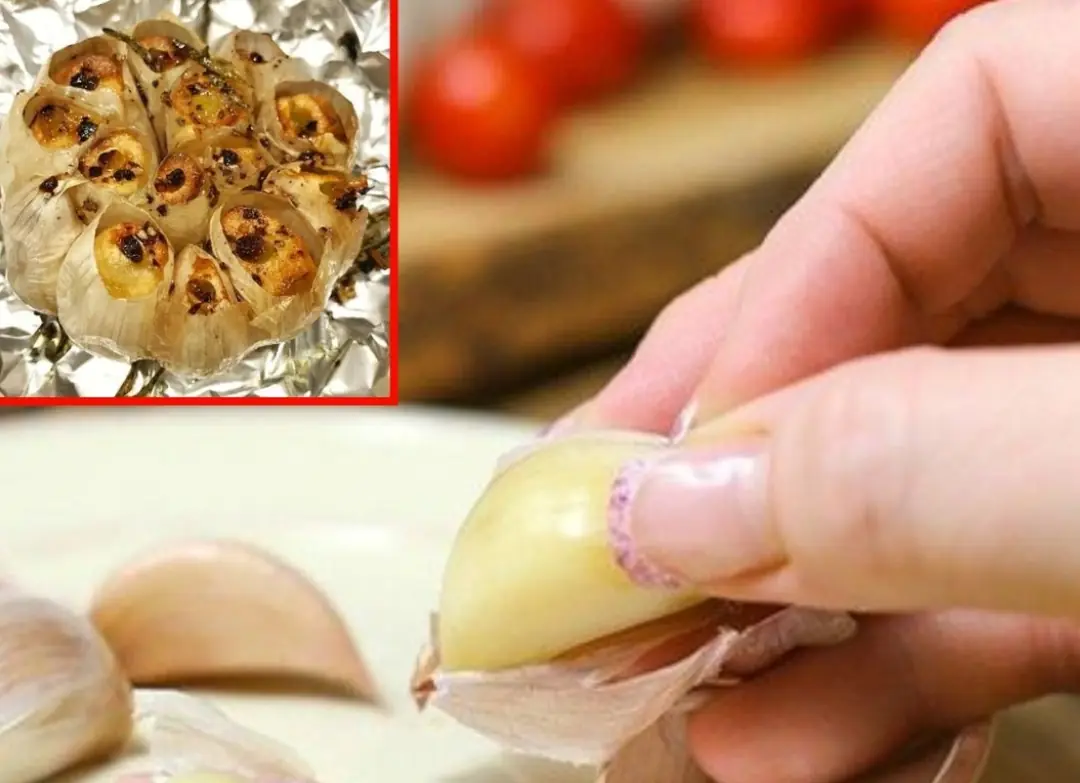
Put a piece of garlic in the middle of the tree, it has great uses, everyone will want to do it
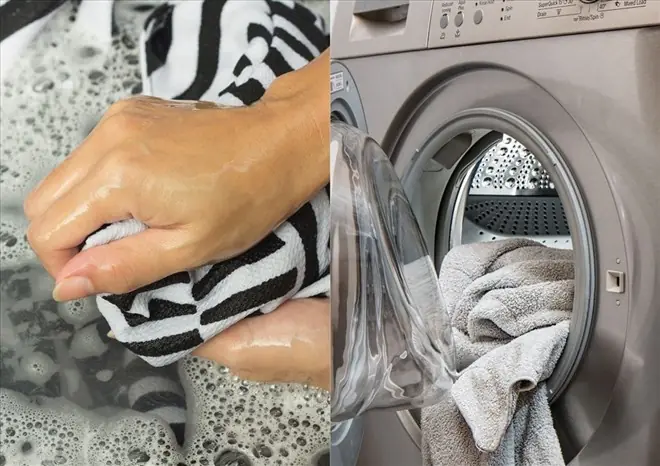
Save a Ton of Electricity Just by Pressing One “Special” Button on Your Washing Machine — Many People Use It for Years Without Knowing

Why Do Flight Attendants Choose to Stay at a Hotel Instead of Going Straight Home After Landing?

Cardiologist answers questions about clip instructing stroke check with finger that has millions of views on social networks

Many people think it's for decoration!

What it says about your relationship when your partner sleeps with their back to you

When Someone in the Family Passes Away, Never Throw Away These 4 Things at Their Funeral

If you hear ringing in your ear, this is a sign that you will suffer from...

When a cat rubs against you, this is what it means

Why do dogs often chase strangers
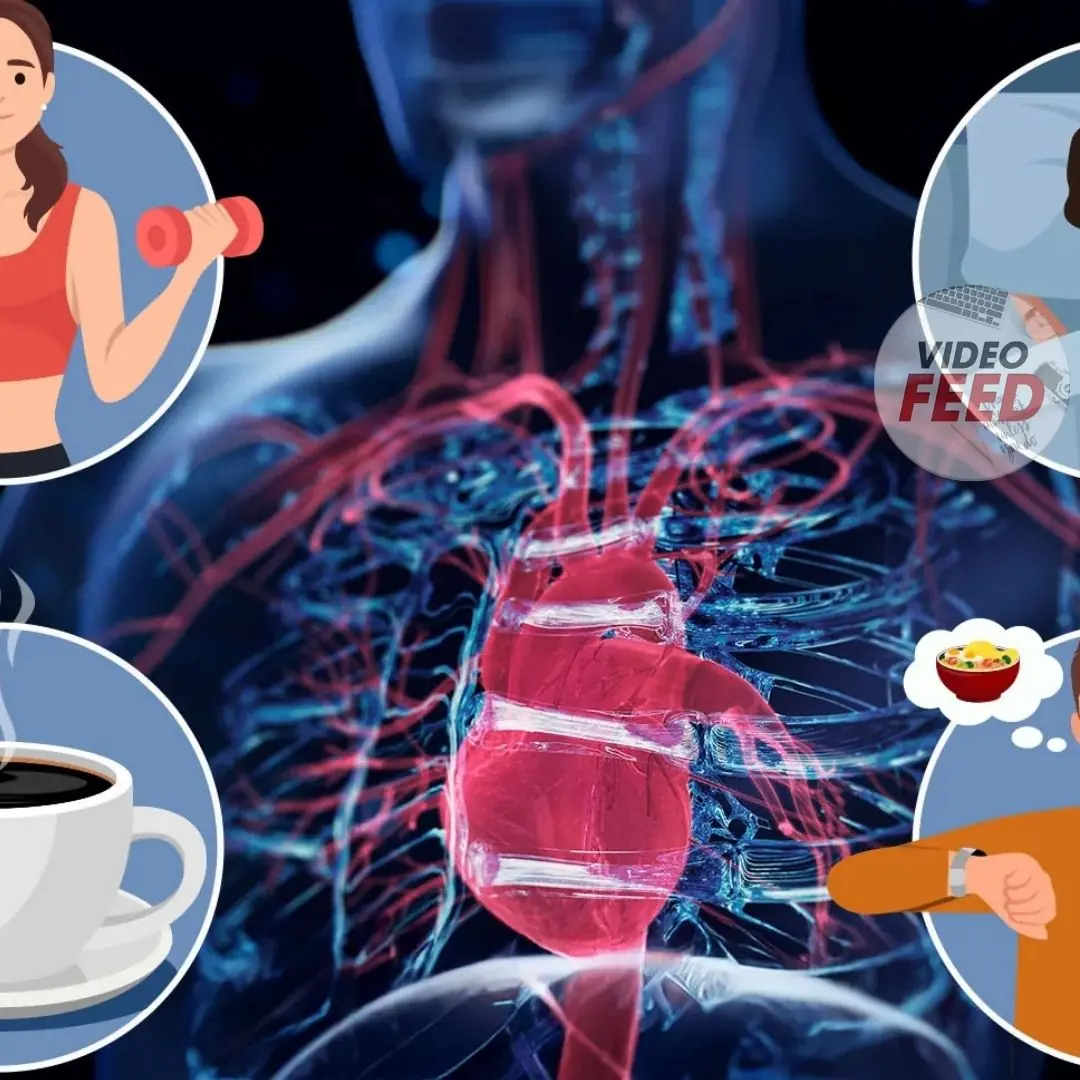
5 bad habits that increase the risk of str.oke at night

The Silent Mystery of Seat 11A: From the Most Hated Spot to a “Lucky Charm” That Saved the Only Survivors of Two Air Disasters
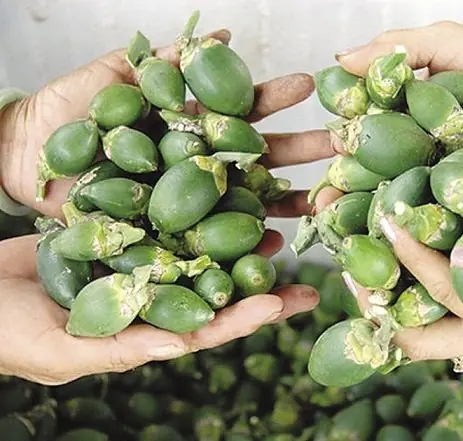
Doctor’s note: 4 fruits you should limit due to potential health risks, even if they seem affordable.

How dangerous are scratches on non-stick pans?

Warning: 2 types of cooking oils that are harmful to the heart should be limited
News Post

If You Notice These Two Little Holes on Your Back, It Means You’re Not… Tap to Discover
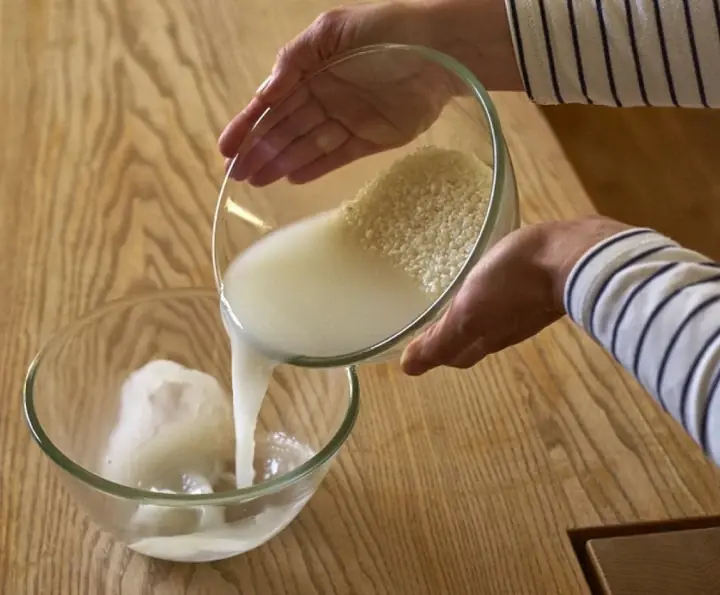
Great effects of rice water you should not miss

Warning: Pain in These Three Areas May Be an Early Sign of Lung Can.cer
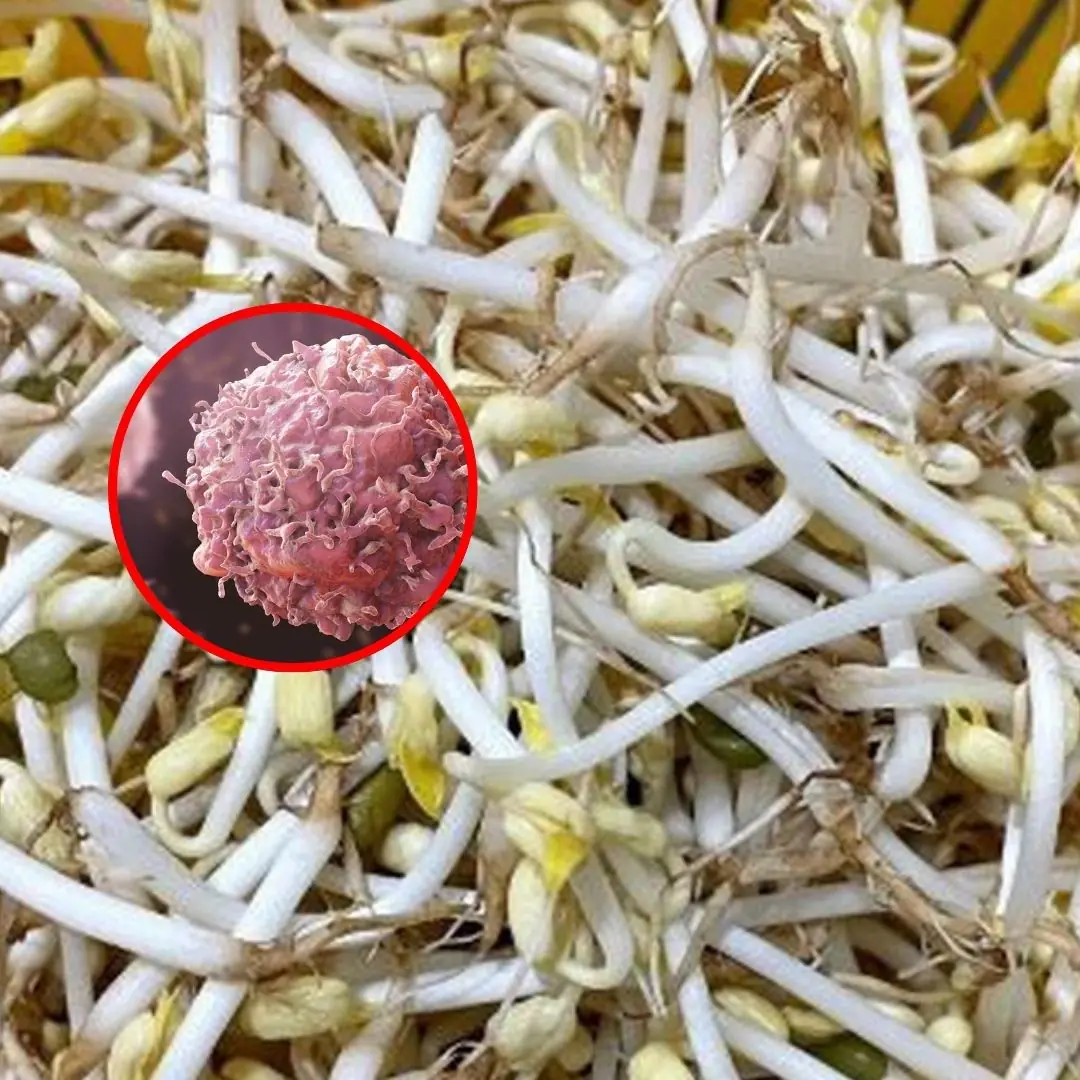
Vegetables listed as ca:ncer - causing that many people still eat, should be stopped immediately

If You Find This Insect in Your Home, Here’s What It Means

Tomato Basil Bruschetta

Mediterranean Tortellini Pasta Salad

Swollen Feet? Don’t Ignore This Clear Red Flag — Here’s What It Really Means

Doctors Reveals That Eating Apples Causes

How to Deep-Clean Bed Pillows and Restore Them to Cloud-Like Freshness—Naturally

Why You Keep Waking Up Between 3 and 4 AM - 4 Health Issues Your Body May Be Signaling

Indoor Air Quality: 6 Common Household Items That May Affect Your Lungs — And How to Use Them Safely

What are the health consequences of dehydration?
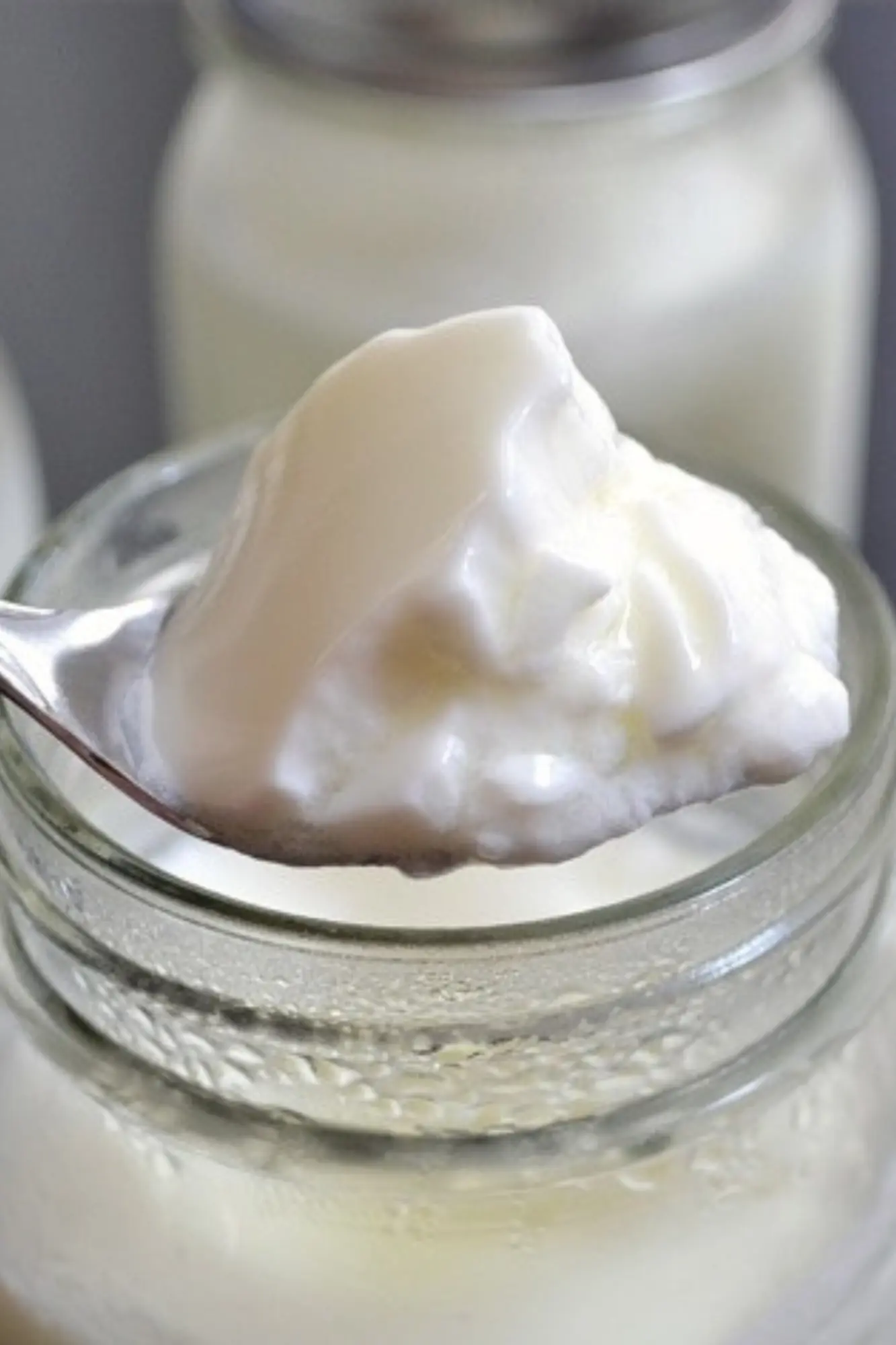
5 common mistakes when using yogurt that can be harmful to your health that you may not know

Scientists May Have Actually Found One Of The Causes Of Autism
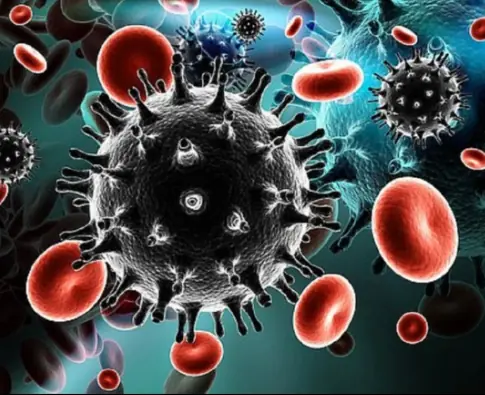
Itching in 9 Areas: A Warning Sign of Malignant Tumors, Number 7 Is the Most Common

Doctors Warn: Stroke May Present a Subtle Early Sign Up to Three Months Before It Occurs

7 Signs of Mini Stroke in The Elderly
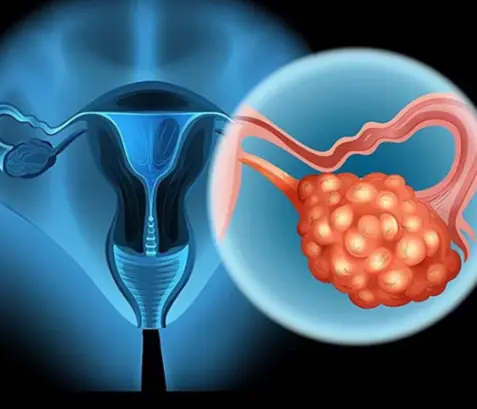
8 Early Warning Signs Of Ovarian Can:cer You Shouldn’t Ignore
